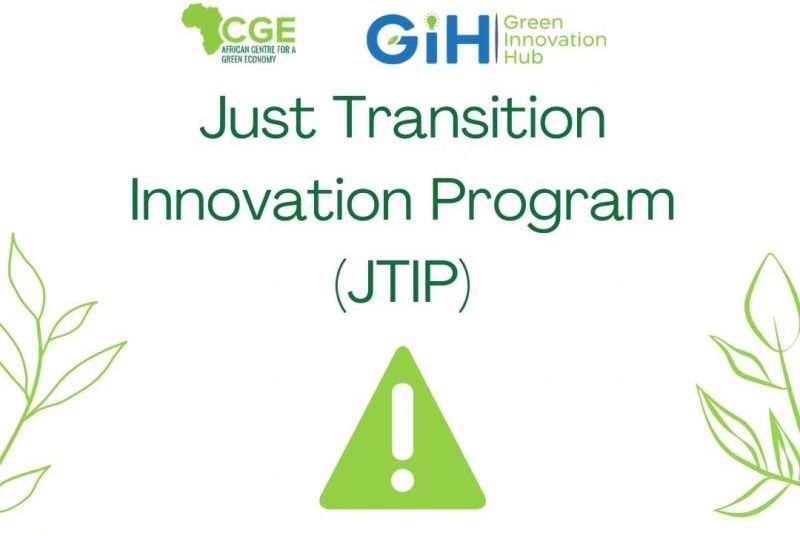Introduction
Nigeria's pioneering agri-tech startup, ThriveAgric, is making strides in transforming the agricultural landscape with the initiation of its second phase of agricultural input distribution. This strategic move aims to provide essential resources to over 100,000 smallholder farmers in Northern Nigeria, paving the way for the production of more than 300,000 metric tons of grains. Let's delve into the details of this impactful initiative.
ThriveAgric: Catalyzing Agricultural Advancement
Founded in 2017 and operational since 2018, ThriveAgric plays a pivotal role in supporting Nigerian farmers by facilitating the sale of their produce to fast-moving consumer goods (FMCGs) and food processors. The startup leverages innovative technology to access financing, enhance productivity, and boost sales, contributing significantly to the overarching goal of improving food security in the region.
At the core of ThriveAgric's operations is its unique offline agricultural operating system. This system utilizes Unstructured Supplementary Service Data (USSD) to communicate with farmers and empowers Android apps utilized by field agents. These agents play a crucial role in collecting data from creditworthy farmers and gathering pertinent information about farms, creating a streamlined and efficient ecosystem.
Unveiling the Second Phase
In March 2022, ThriveAgric secured a substantial US$56.4 million in debt financing from local commercial banks and institutional investors, underscoring the confidence in its mission. The current initiative focuses on providing smallholder farmers with a comprehensive set of resources, including irrigation facilities, drought-resistant inputs, access to cutting-edge technology, storage solutions, and entry into high-end markets. This holistic approach aims to significantly amplify agricultural output during the upcoming farming cycle.
Nurturing Growth and Sustainability
By delivering crucial agricultural inputs, ThriveAgric empowers farmers to navigate the challenges of the dry season effectively. The provision of irrigation facilities and resilient inputs underscores the commitment to ensuring sustainable farming practices and mitigating the impact of environmental factors on crop yield.
The incorporation of technology into the distribution process not only facilitates resource access but also enables data-driven decision-making. ThriveAgric's emphasis on gathering relevant farm information contributes to informed and strategic interventions, fostering a culture of efficiency and sustainability.
Conclusion
As ThriveAgric embarks on the second phase of agricultural input distribution, it reinforces its commitment to driving positive change in the agricultural sector. By empowering smallholder farmers with essential resources and leveraging technology for efficient operations, the startup emerges as a catalyst for advancing agriculture in Nigeria.




